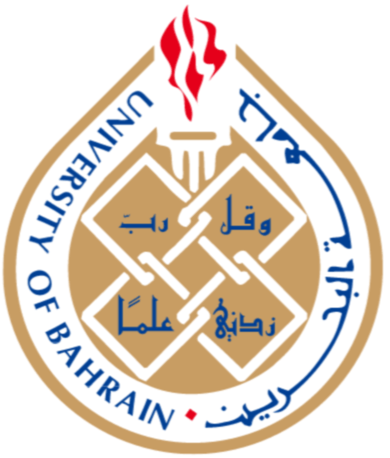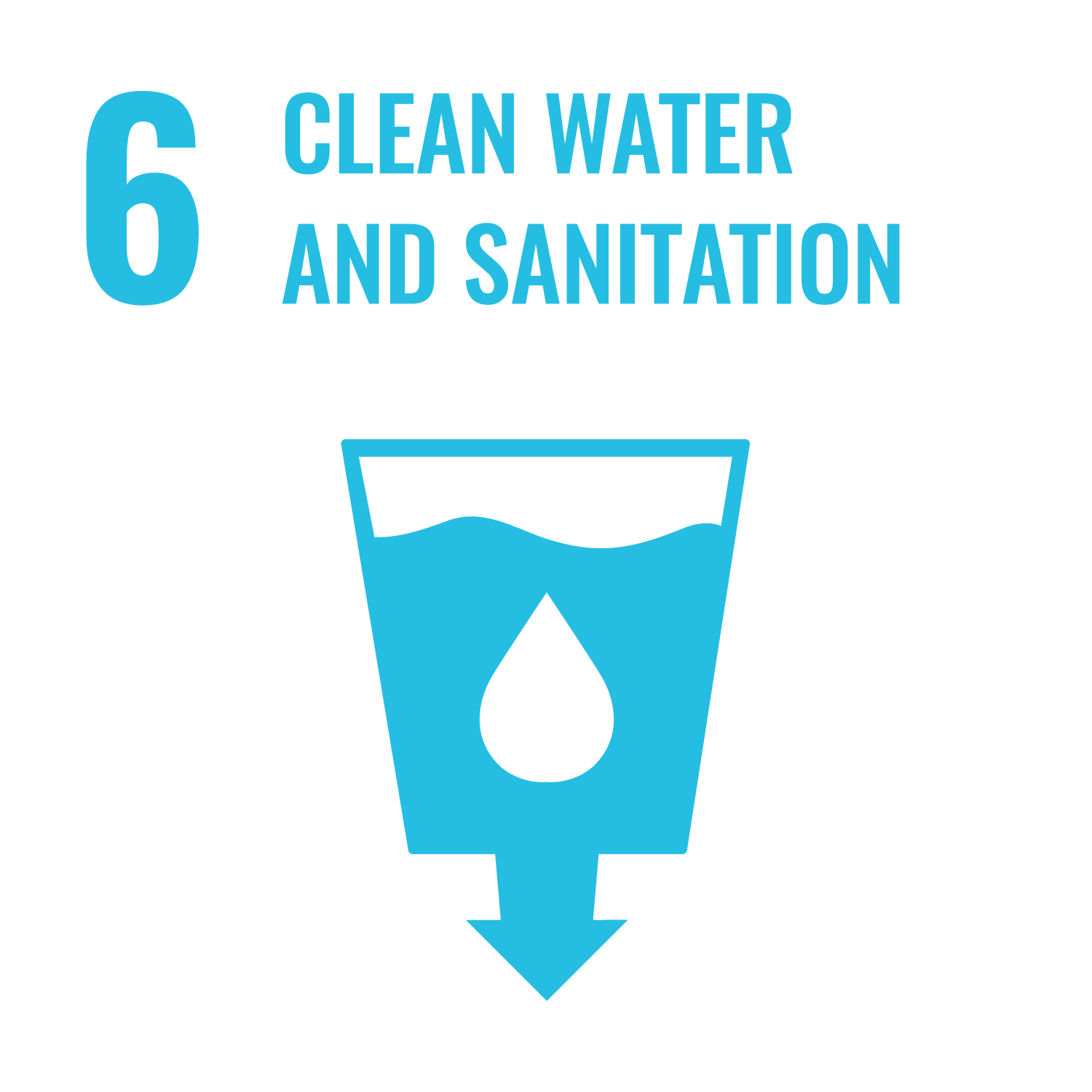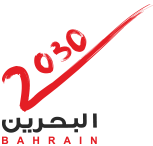NEWS
UoB Students Monitor Environmental Problems and Suggest Practical Solutions in their Senior Research

In Celebration of the World Environment Day
UoB Students Monitor Environmental Problems and Suggest Practical Solutions in their Senior Research
Bachelor of Life Sciences students at the College of Science at the University of Bahrain (UoB) recently discussed a number of environmental issues and presented them as senior research projects, and that is simultaneously with the celebration of World Environment Day, which falls on the first week of June of each year and was under the slogan “Ecosystem Restoration” this year.
The Assistant Professor of Environment and Molecular Biotechnology – the Mentor at the Environment Friends Club at UoB and the supervisor of a group of senior research studies for Bachelor of Life Sciences students – Dr. Maysoon Nedham Awadh, indicated that UoB encourages its students, throughout the year, to engage in various environmental activities, discuss environmental problems, and work on developing applied and vital solutions to them, stressing that senior research projects are among the most important tools to achieve this goal.
She further added that “The world is actively seeking to develop effective solutions to global environmental problems, in order to overcome obstacles and achieve sustainable development goals.”. Pointing out that the most important of which are: the problems of global warming and climate change as a result of the use of non-renewable energy sources and polluting the environment, and the greenhouse gases they emit which are harmful to the environment and human health, the unjust use of environments and sources of natural resources, and the importance of protecting them from extinction that leads to the decline of biodiversity.
The study conducted by the student, Anfal Hussain Al-Makhlooq, confirmed that 31% of Bahrainis believe that biofuels are extracted from the same source of fossil fuels. In addition, two thirds of Bahrainis accepted the use of fossil fuels (oil) that were offered in the Bahraini market, if they were less expensive than fossil diesel fuel, did not harm the vehicle’s engine, and did not produce gases polluting the environment. Moreover, the study identified a number of common misconceptions related to biofuels among Bahrainis.
While the study conducted by the student, Manal Redha Sadiq, stressed the importance of increasing the use of microbes that are isolated from natural environments, which are bred in food cultures inside laboratories and exposing environments contaminated with plastic waste to it, for the purpose of accelerating the process of natural bio-degradation of plastic waste, which has become a harmful burden to the sustainability of various ecosystems. As the student Manal worked for months on exposing plastic waste to vital enzymes secreted by a bacterial culture isolated from agricultural soil in Bahrain, and the bacteria was able to break down the plastic waste at an acceptable rate after a month of application. The success of the reproduction process of these microbes from local agricultural soil is a vital environmental indicator of the ability of the natural microbial medium to break up plastic waste that are harmful to the environment.
Also, the study conducted by the student Fatima Mohammed Hassan stressed the importance of promoting the culture of “prevention of infectious animal diseases” among Bahrainis for early community prevention and to reduce the spread of infectious diseases, noting that about 56 percent of the study sample are home pet breeders, and 75 percent of them neglect taking them to the periodic medical review and giving them their vaccinations. Pointing to the reports’ warnings of the danger of diseases transmitted from animals to humans, which amount to 65% of the proportion of emerging infectious diseases.
For their part, the examinees praised the students’ research projects, which fulfill the sustainable development goals. The examination committee consisted of Dr. Awadh as a chief supervisor, Associate Professor of Molecular Genetics Dr. Abdullah Abdulrasool Hassan as a co-supervisor, in addition to Associate Professor of Plant Physiology and Plant Tissue Culture Dr. Thuraya Abdulrahman Al-Mansoori, Associate Professor of Environmental Assessment Dr. Hammoud Abdullah Nasser, and Associate Professor of Human Physiology Dr. Muath Abdulkareem, and Assistant Professor of Zoology, Dr. Qamar Abbas Solangi.


















